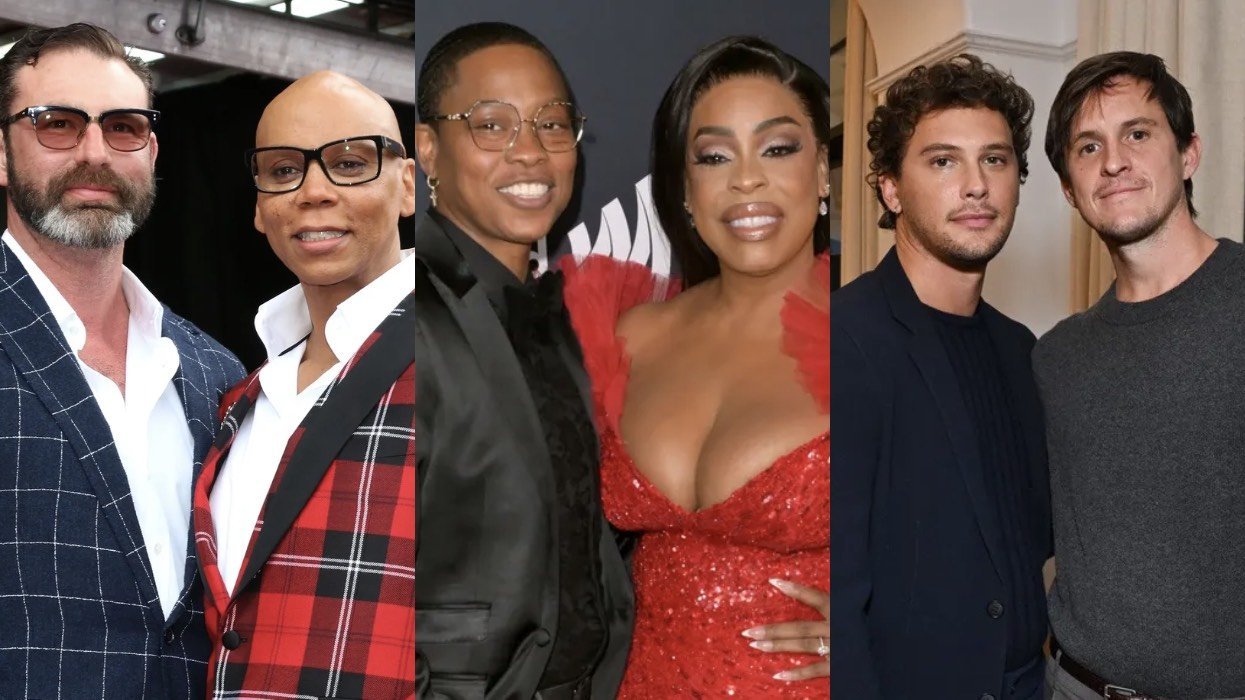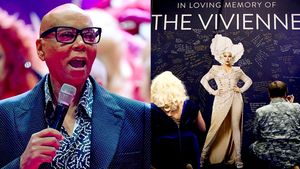It was over 20 years ago, in 1993, when the Hawaii Supreme Court became the first appellate court in the country to rule in favor of marriage equality. The court acknowledged that barring same-sex couples from the institution of marriage is not just discriminatory, it’s unconstitutional. This case marked the first victory for marriage equality in the United States.
In the years since that ruling, we have seen the rise and fall of the Defense of Marriage Act, state marriage bans instituted and struck down, and a changing tide of public opinion in favor of marriage equality. Almost every single federal court that has heard a challenge to a state marriage ban has ruled in favor of same-sex couples.
Just the other week, the Ninth Circuit Court of Appeals struck down Nevada and Idaho’s bans on marriage for same-sex couples. A three-judge panel ruled unanimously that the state bans violated the 14th Amendment on the basis of equal protection and were therefore unconstitutional. The monumental decision has already brought marriage equality to two other western states, Alaska and Arizona, and will likely bring it to a third, Montana.
Beyond the obvious significance of the expanding marriage equality map, the addition of Montana would mean that every state in the Ninth Circuit would guarantee marriage rights for same-sex couples. The country continues to inch ever closer to a reality that not long ago seemed elusive: the idea of national marriage equality.
Despite the progress we have made, it’s important to remember that the fight is not over. In 29 states, there are no laws that protect Americans against discrimination based on their sexual orientation. Same-sex couples can get married in Pennsylvania and on the same day be fired for making that commitment if their employer sees fit. In addition, after unsuccessfully trying to stop the spread of marriage equality, social conservatives are looking to break new ground by pursuing exemptions to antidiscrimination legislation. These exemptions would allow businesses to refuse service to LGBT Americans. And of course, legislation providing protections for the transgender people, in the workplace or against hate crimes for example, remains crucial but lags behind.
The list doesn’t stop there. There are countless reasons the fight for equality is still in full swing. Similar to the fight for gender equality, it is important to note that progress is being made. People are working hard every day to achieve full equality for women, LGBTQ folks, and all marginalized individuals. But while advocates are fighting for equality, opponents are thinking of new ways to push back. Whether it is being discriminated against because of sexuality or gender, the fight for equality is as real as ever.
As much as we can, we need to work together. Every time one individual is marginalized, the effects reverberate. When inequality is perpetuated, no one moves forward. Equality is an inclusive term. None of us can be truly equal until we are all equal.
So many milestones have occurred for the LGBTQ community that this will no doubt go down in history as one of the most exponential periods of progress ever made for civil rights. We need to take that momentum and keep up the fight, remembering that when we work together for one common goal, equality may not be so far-fetched after all.
SANDRA FLUKE is a candidate for California’s State Senate and a well-known social justice advocate who has worked on issues including gender equality and LGBT rights and has represented victims of human trafficking and domestic violence. Learn more about Sandra at StandWithSandra.org































































































































